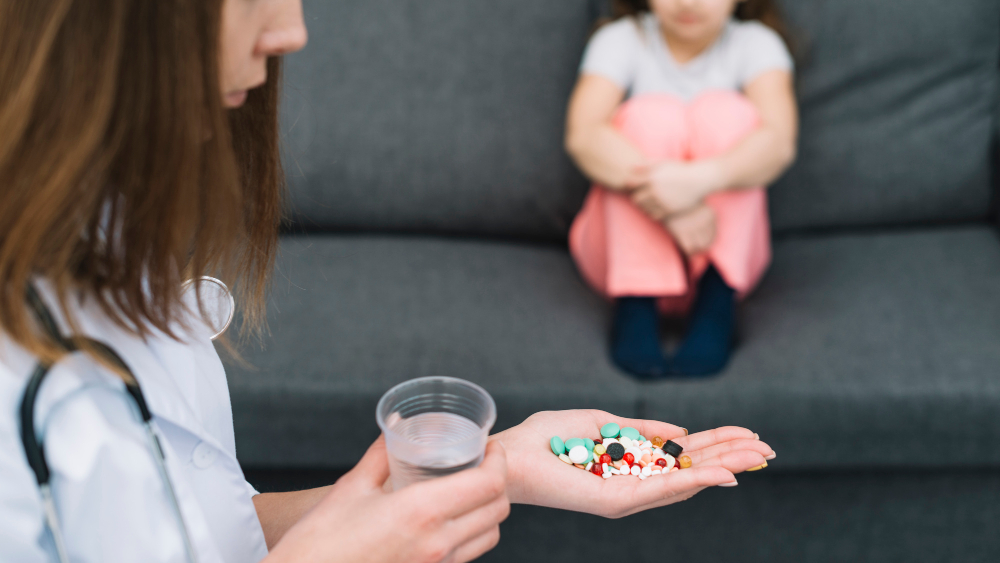Addiction is a multifaceted and deeply personal struggle that can affect every aspect of a person’s life. Healing from addiction is not a one-size-fits-all process; it requires a comprehensive approach that addresses both the physical and psychological dimensions of dependence. Balancing wellness practices with appropriate medication can pave the way for a more sustainable and effective recovery.
Understanding the Role of Medication in Recovery
For many people, medication-assisted treatment (MAT) plays a crucial role in managing addiction, particularly when dealing with substances like opioids or alcohol. Medications such as methadone, buprenorphine, or naltrexone help reduce cravings, manage withdrawal symptoms, and stabilize brain chemistry, making it easier for individuals to focus on recovery without the intense physical and mental burden of addiction.
However, medication alone is not a complete solution. While it can alleviate some of the physical aspects of addiction, it doesn’t address the underlying emotional, psychological, or social factors that contribute to substance use. This is where wellness practices come into play.
Wellness Practices: The Heart of Holistic Recovery
Achieving long-term recovery from addiction requires more than just managing withdrawal or cravings; it involves rebuilding a life that is fulfilling and balanced. Incorporating wellness practices into the recovery process helps individuals reconnect with their bodies, minds, and communities.
- Mindfulness and Meditation: These practices help individuals become more aware of their thoughts and feelings, allowing them to process emotions without turning to substances. Mindfulness can reduce stress, improve emotional regulation, and foster a sense of inner peace, which is essential for recovery.
- Physical Activity: Exercise has been proven to boost mood, increase energy levels, and reduce cravings. Activities such as yoga, walking, or swimming help release endorphins, which can provide a natural “high” and combat the depression and anxiety often associated with addiction recovery.
- Nutrition and Diet: A balanced diet is vital for healing the body and mind. Addiction often depletes essential nutrients, leading to physical and mental health issues. A diet rich in vitamins, minerals, and protein can aid in restoring the body’s natural balance, improve brain function, and enhance overall well-being.
- Therapy and Counseling: Cognitive-behavioral therapy (CBT), dialectical behavior therapy (DBT), and group counseling sessions provide the emotional support necessary to navigate the complexities of addiction. Therapy helps individuals explore the root causes of their substance use, develop healthier coping mechanisms, and build a supportive network for long-term recovery.
Finding the Right Balance with Professional Guidance
Healing from addiction is a deeply personal journey, and finding the right balance between medication and wellness practices is key. Combining MAT with holistic wellness approaches can provide a more comprehensive path to recovery, addressing both the physical dependency and the psychological aspects of addiction.
Allhealth Medical specializes in personalized addiction treatment programs that integrate medication with wellness-focused strategies. Their team of medical professionals, therapists, and wellness coaches works together to create tailored recovery plans. This blend of medical support and holistic care offers patients a more balanced approach, fostering not only sobriety but also overall health and happiness.
Recovery as a Lifelong Journey
Addiction recovery is not just about quitting substances; it’s about building a life of balance, purpose, and well-being. By harmonizing medication with wellness practices such as mindfulness, exercise, nutrition, and therapy, individuals can create a solid foundation for lasting recovery. If you or a loved one is seeking a more holistic approach to addiction treatment, Allhealth Medical can guide you on the path to healing and renewal.





